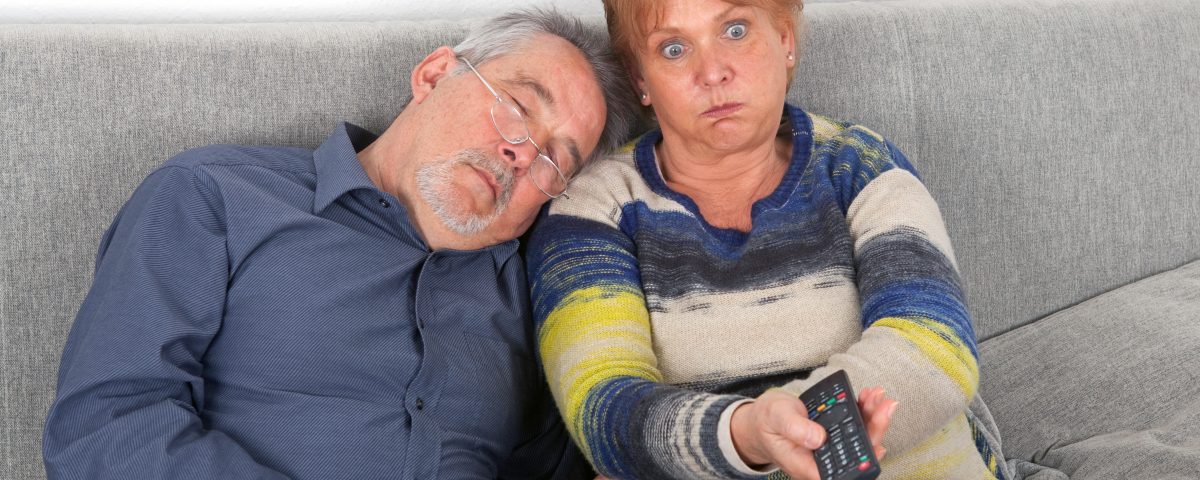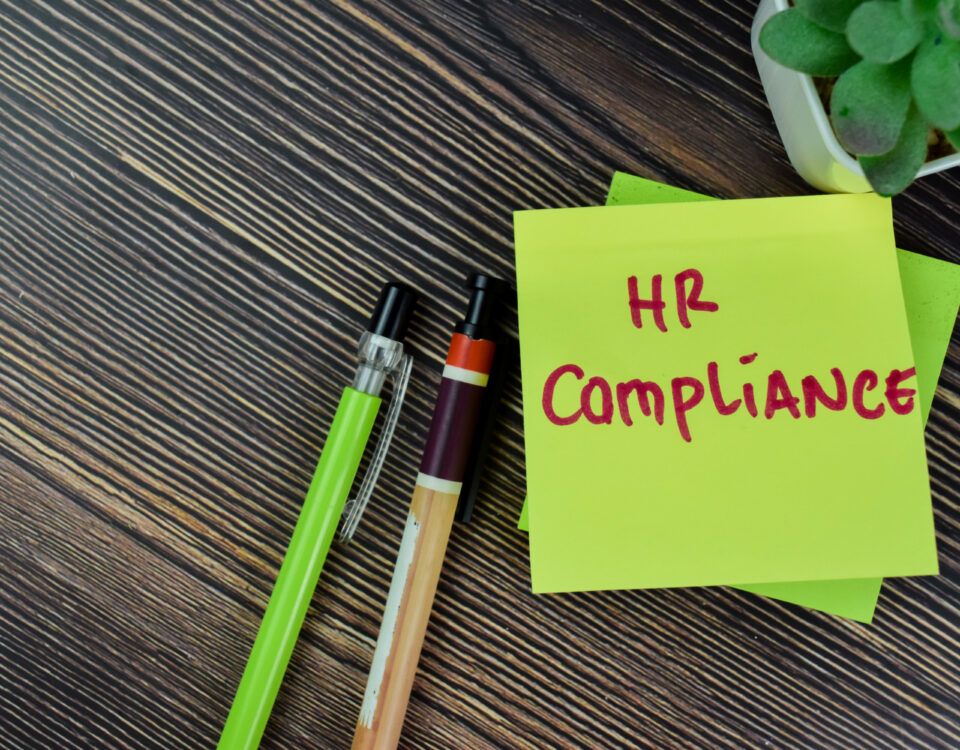
SCORE-Staten Island Zoom Seminar to Feature ‘All-Encompassing 2020 Federal Tax Highlights’
December 1, 2020
Staten Island Experiences Strong Home-Buyer Demand During a Typically Slow Time of Year
December 9, 2020The Villas (in Manalapan, N.J.) luxury apartment community for seniors offers sleep-related suggestions for strengthening your immune system
Getting a good night’s sleep improves our health and well-being – and it also boosts our immune system, posits the Villas, an upscale senior community providing for independent living, assisted living, skilled nursing and memory care on specialized floors.
Studies have shown sleep improves the function of our “T cells,” which have the ability to adhere to – and destroy – cells infected by viruses and other pathogens.
Most people need at least seven hours of quality sleep per night. Poor sleep can result in short-term issues like sleepiness, poor judgment, accidents, and memory problems.
Chronic poor sleep can increase inflammation; cause weight gain; raise blood pressure; negatively impact insulin resistance; disrupt blood-sugar regulation, and increase risk of cardiovascular disease. It can also affect the ability to cope with stress and fight off infections.
Here are seven wellness and prevention tips from the Villas for improving your sleep:
- Go outside in the morning
Morning sun exposure has a beneficial effect on your circadian rhythm.
- Exercise regularly
Exercise daily, preferably in the morning sunlight, and outside in the fresh air. The blue rays in the sunshine signal to the brain and body that it is morning, and to stop secreting our sleep hormone, melatonin. This timing helps to synchronize the body for secreting melatonin in the evening to prepare you for sleep.
- Be mindful of stimulants
Try to avoid caffeine past noon and exercising right before bed, both of which increase alertness and wakefulness.
- Don’t eat too late
When the evening comes, finish feeding your body two hours before bedtime. Let your digestion wind down so your body can focus on repairing while you sleep. Digestion actually raises your body temperature which affects your internal clock and impacts your ability to fall asleep.
- Limit alcohol in the evening
Alcohol suppresses rapid eye movement (REM) sleep, and induces a sedation, which is not the same as restorative sleep. It also elevates your heart rate, which impacts your ability to enter deep sleep.
- Be aware of blue light
Once the sun goes down, try to avoid over exposure to artificial lights and screens. Artificial lights have blue light, which signal cessation of melatonin secretion at a time when you want it flowing. Perhaps make the switch to candlelight, less lights, or even low-blue light bulbs, blue light blocking glasses, and “night shift” mode on your electronics.
- Improve your sleep hygiene
Keep your room as dark as possible and slightly cool; take a warm bath or shower right before bed; wind down by reading, writing, or meditating (instead of viewing electronic screens or television); use essential oils (Lavender, for example is relaxing and sleep promoting).
About the Villas
Situated on seven wooded acres in Manalapan, N.J., a short distance from Staten Island, N.Y., the Villas is a luxurious senior apartment community reflecting the ambiance and accommodations of a world-class resort.
Offering a range of amenities and services sensitive to the lifestyle, health and daily needs of its residents, the complex – orchestrated by Hackensack Meridian Health – is uniquely focused on wellness and prevention, and ideal for singles and couples alike.
The upscale 100,000-square-foot community offers a unique arrangement of supervision and increased healthcare with onsite physician services. Providing for independent living, assisted living, skilled nursing and memory care on specialized floors, the Villas eliminates the need to relocate elsewhere due to health issues, allowing couples to remain together in a comforting, well-managed, posh environment.
The Villas is located at 289 Gordons Corner Road, Manalapan, NJ 07726. For information, the Villas may be reached at 732-847-3920, contacted via www.villashmh.com/contact, and visited online at www.villashmh.com.
###
This article provides general information and discussion about medicine, health and related subjects. The words and other content provided in this article, and in any linked materials, are not intended and should not be construed as medical advice. If the reader or any other person has a medical concern, he or she should consult with an appropriately-licensed physician or other health care worker.
Never disregard professional medical advice or delay in seeking it because of something you have read on this blog or in any linked materials. If you think you may have a medical emergency, call your doctor or 911 immediately.
The views expressed in this article have no relation to those of any academic, hospital, practice or other institution with which the author, or authors, are affiliated.
Media Contact: Barton Horowitz
Relevant Public Relations, LLC
Headquarters: 718‑682‑1509
Mobile: 917‑715‑8761
Email: BHorowitz@RelevantPR.com



